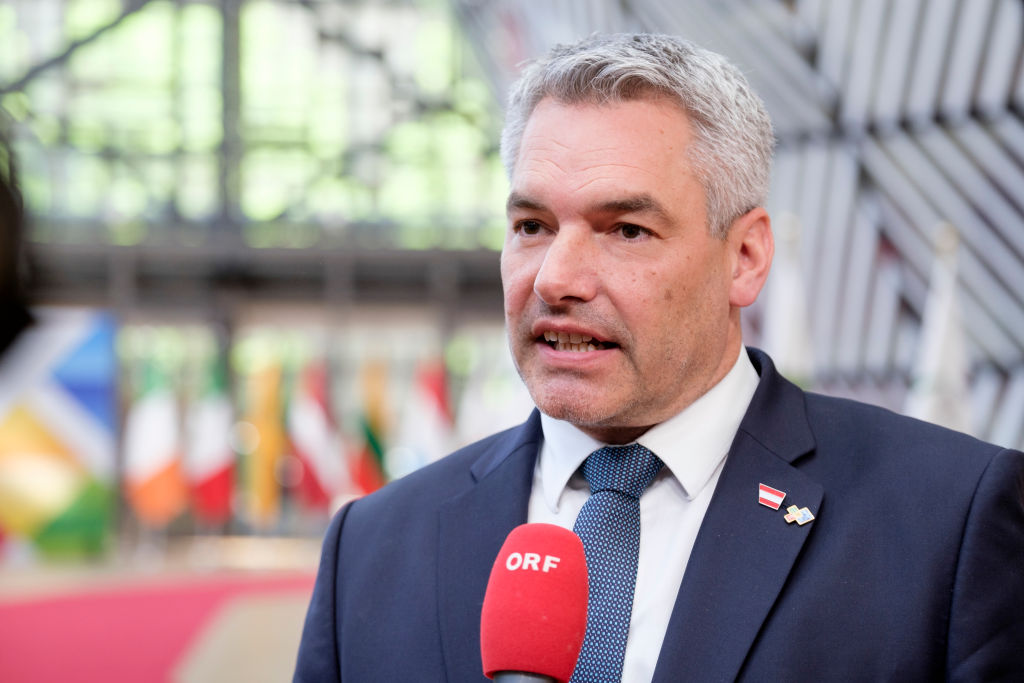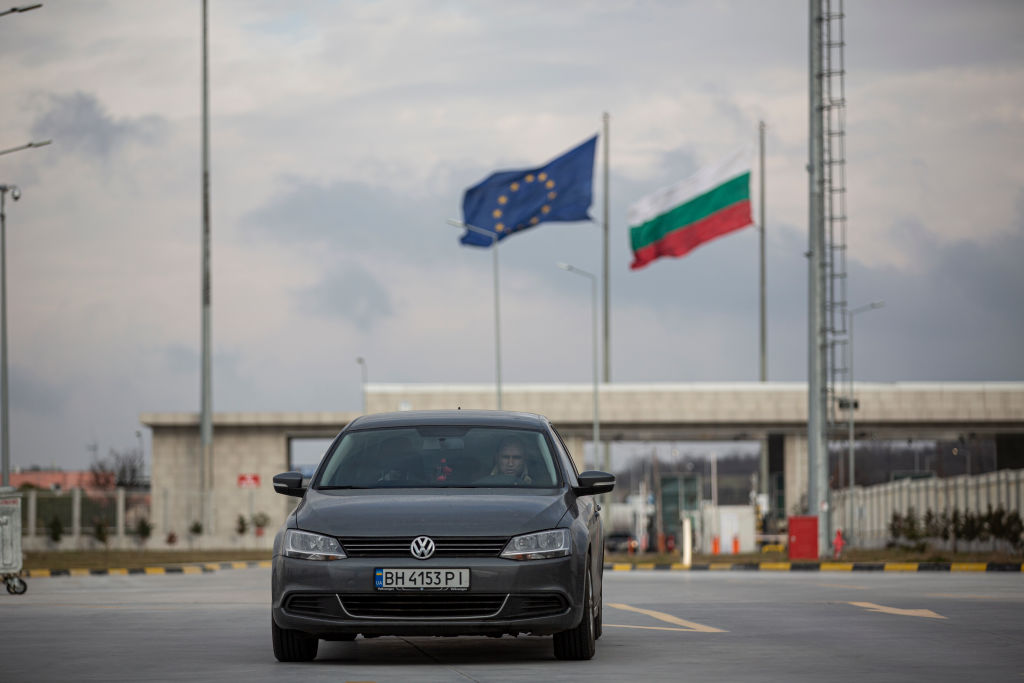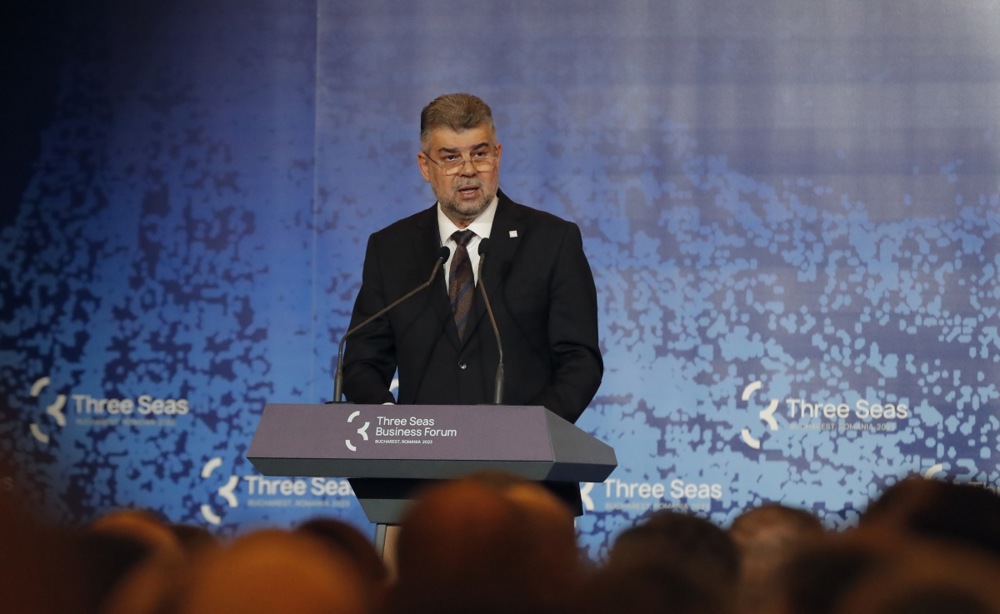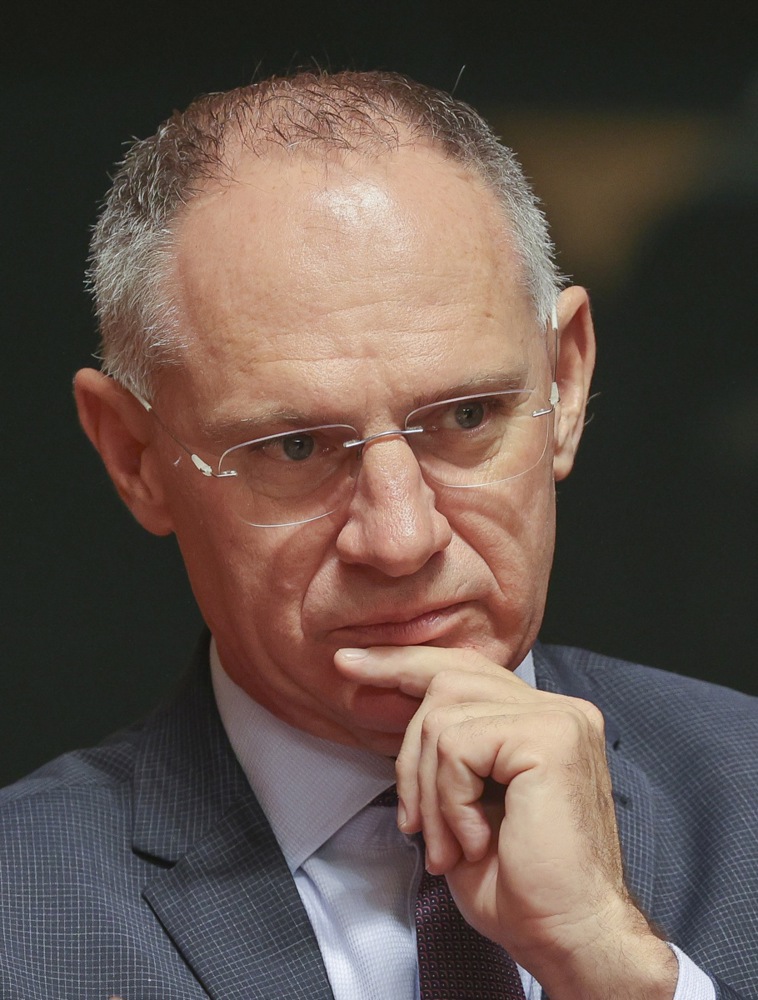Austrian interior minister Gerhard Karner said he is ready to ease the country’s veto on Romania and Bulgaria entering the Schengen agreement, according to media reports.
Austrian newspapers Kurier and Kleine Zeitung claims the abolition of border checks at airports is on the cards.
The move, referred to as “Air Schengen”, would mean partial membership of the visa-free zone. Original land borders would remain in place and possibly reinforced.
In October, Austrian Chancellor Karl Nehammer reiterated his country’s opposition to Schengen Area expansion, citing the fact that 11 Schengen nations do carry out border controls as a result of the ongoing migrant crisis.
Now, Karner is headed to Slovenia to discuss what Austria would need to agree on regarding “Air Schengen” on the fringes of a meeting with representatives of Romania and Bulgaria.
In exchange, Austria wants increased border controls between Bulgaria and Romania as well as between Hungary and Romania, and a tripling of the Frontex EU border and coast guard mission in Bulgaria. In addition, it wants funding from the European Commission for border surveillance infrastructure.
Vienna also is looking for the readmission by Romania and Bulgaria of asylum seekers that transited through the countries, particularly those from Afghanistan and Syria.
Romanian Prime Minister Marcel Ciolacu reacted on Facebook, saying: “We broke the ice! Austria has softened its stance on the Schengen Area and agrees to lift the air borders for Romania.
“This means that Romanians will no longer have to stand in long queues when flying within the EU.”
According to Ciolau, Romanian interior minister Catalin Predoiu is now expected to bring the negotiations to a “successful conclusion”.
“After years of waiting, together we are going to make this dream come true! Romania deserves to be in Schengen!” the Prime Minister said.
Bulgaria’s Prime Minister Nikolay Denkov was less convinced. He said there was “no deal yet”.
“We are continuing the negotiations,” he stated.
“This is their negotiating position, not the final result. What is acceptable is for Bulgaria to comply with the general European rules.
“If someone wants other rules that are specific to Bulgaria, this is categorically unacceptable. Regarding the reception of migrants – there are European rules, we will work according to them.”
Romania and Bulgaria have been hoping to enter the Schengen Area for more than a decade but their shared goal has been repeatedly thwarted by opposing nations.
Alongside Austria, the Netherlands was among the latest to resist.
During a press briefing on December 11, a European Commission spokesperson said of the situation: “These are positive developments. Things are moving in a positive direction.
“And definitely, this is what is important at this stage.”





